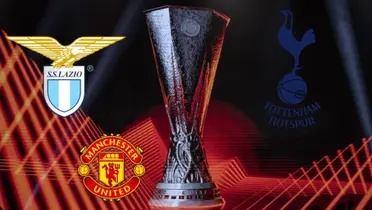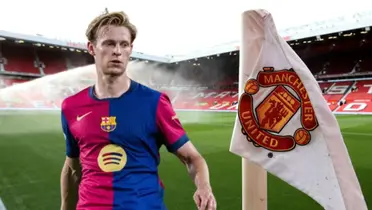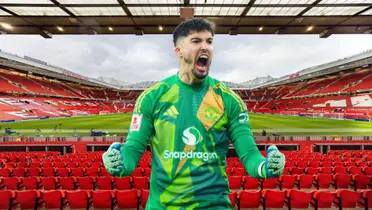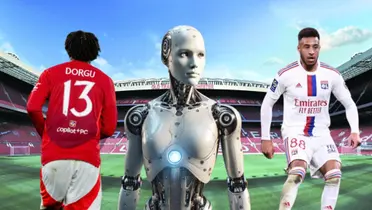How did social media transform Manchester United's image and its relationship with fans?
Manchester United and the digital phenomenon: An in-depth analysis of its image and fan relationship
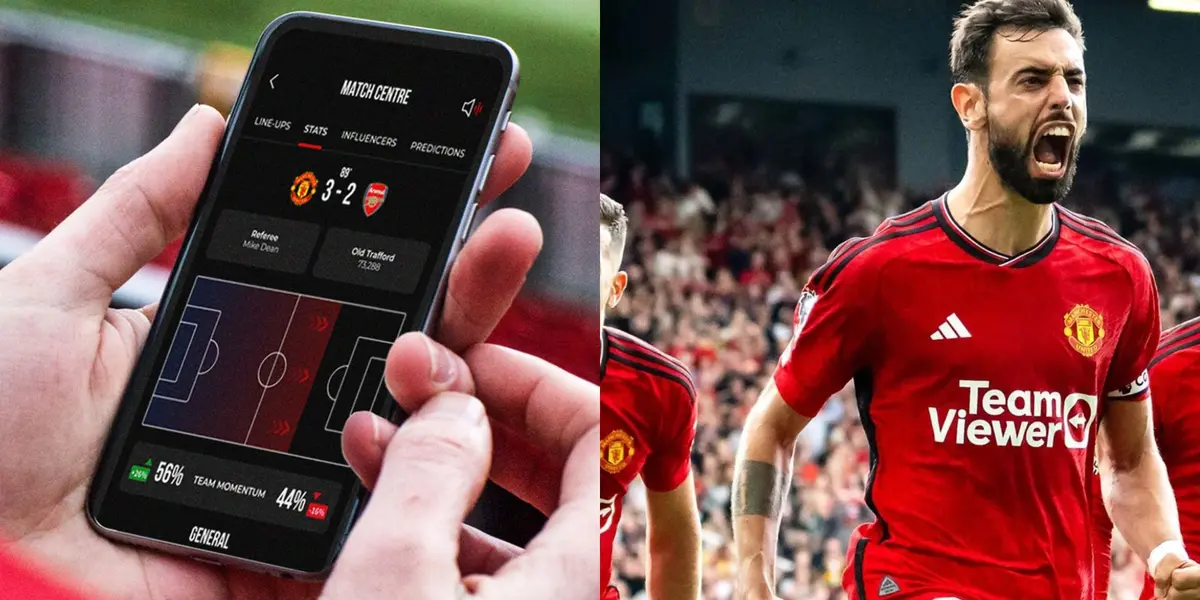
In the digital age, football transcends the boundaries of the playing field. For a giant like Manchester United, social media has become a crucial stage where its image is forged and the relationship with its followers is cultivated. Online interaction not only reflects the passion of the fans, but also shapes the club's global perception.
We, as sports journalists, have witnessed how digital platforms have revolutionized the way clubs communicate and engage with their audience. In the case of Manchester United, this phenomenon has generated a significant impact, both positive and negative, that deserves a detailed analysis.
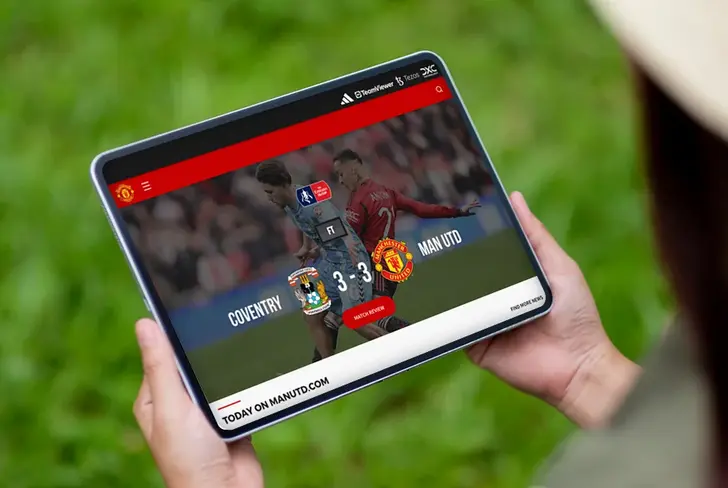
The digital age redefines the image of Manchester United
Manchester United's image is built and deconstructed in real-time on social media. Every post, every comment, every interaction contributes to the club's global perception. The ability to respond to crises and controversies has become fundamental, as the speed with which information spreads demands agile and effective communication.
Digital image management involves not only controlling the message, but also understanding and adapting to the expectations of a diverse and global audience. The club must navigate a sea of opinions and emotions, seeking to maintain a coherent and positive image.
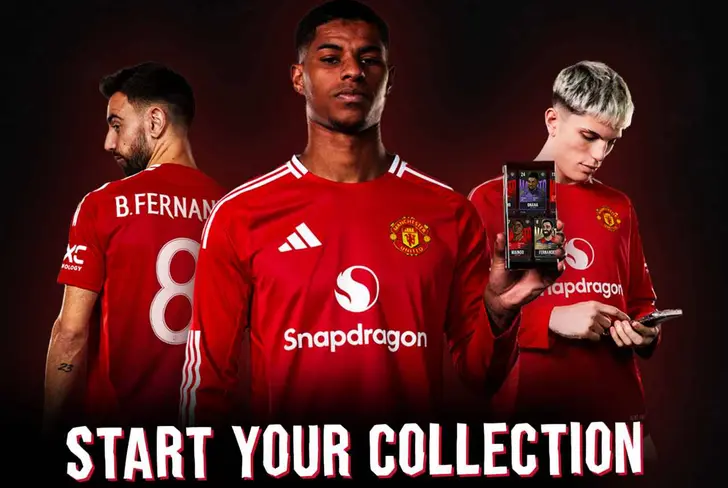
Connected fans: Manchester United and digital interaction
Fan engagement is a priority for Manchester United. Social media offers a space for direct interaction, where the club can foster a sense of community and belonging. Content strategies, contests, and question and answer sessions are some of the tools used to strengthen the bond with followers.
Influencers and digital ambassadors play a crucial role in the club's communication. Players, former players, and other public figures act as communication channels, amplifying Manchester United's message and connecting with specific audiences.
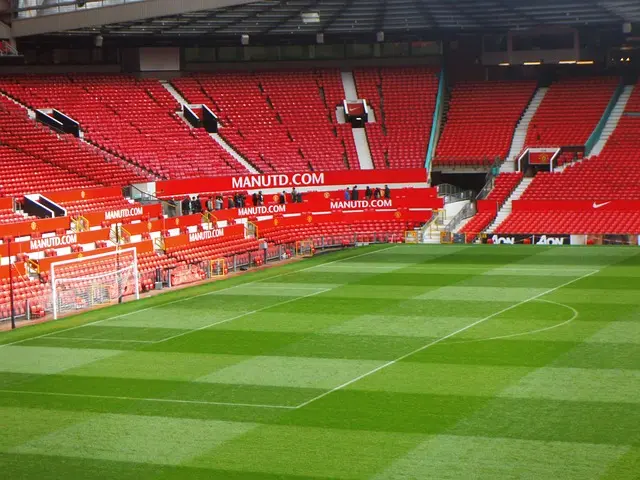
Social media as a barometer: Manchester United's opinions and trends
Sentiment analysis has become an indispensable tool for Manchester United. It allows measuring fan perception, identifying trends, and anticipating potential crises. Social media acts as a barometer, reflecting the mood of followers and providing valuable information for decision-making.
The club uses hashtags and trends to detect topics of interest and participate in relevant conversations. This strategy allows Manchester United to stay connected with its audience and adapt its communication to the needs and expectations of fans.
From criticism to support: The spectrum of emotions in the digital age
The polarization of opinions is a characteristic of social media. Manchester United, as a global club, experiences both the unconditional support of its followers and the fierce criticism of its detractors. The ability to manage this diversity of emotions is fundamental to maintaining a positive online environment.
Comment moderation is a complex task that requires balance and sensitivity. The club must seek a middle ground between freedom of expression and the need to protect its image and the integrity of its online community.
The digital future of Manchester United: Innovation and strategies
The digital future of Manchester United looks promising, with new technologies and strategies seeking to revolutionize the fan experience. Augmented and virtual reality offer the possibility of creating immersive and personalized experiences, bringing fans closer to the club in an innovative way.
Exclusive and personalized content is key to building digital audience loyalty. Manchester United must continue to explore new ways to connect with its fans, offering relevant and engaging content that meets their needs and expectations.
In conclusion, the impact of social media on Manchester United is undeniable. The club has been able to adapt to the challenges and opportunities of the digital age, using online platforms to strengthen its image and build a solid relationship with its fans. However, the road is not without challenges, and Manchester United must continue to innovate and adapt to a constantly evolving digital environment.
What you should know about the digital impact on Manchester United:
- Manchester United has experienced a significant transformation in its image and relationship with fans due to social media.
- Responsiveness, engagement, and digital image management are crucial to the club's success in the digital age.
- Sentiment analysis allows Manchester United to understand the opinions of its fans.
- Innovation in digital content is key to the club's future in the digital age.
- Social media has transformed the way Manchester United communicates with its fans.
More news
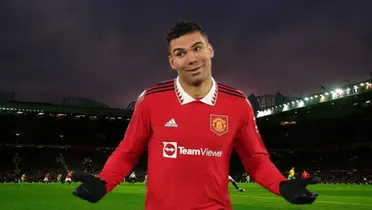
The Numbers Don't Lie: Casemiro's Dominance Returns
31/03/2025
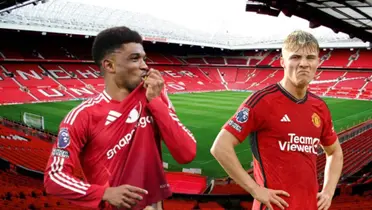
United's Dream Pairing: The Duo Fans Are Eager to See
31/03/2025
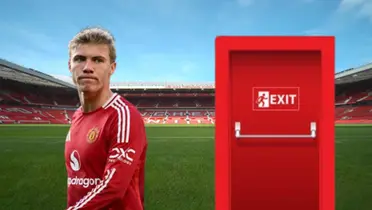
Hojlund's Fate: Will He Stay or Leave Man United?
31/03/2025
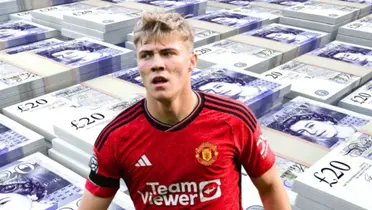
Højlund's Plummeting Value: A Cause for Concern at Man United
31/03/2025
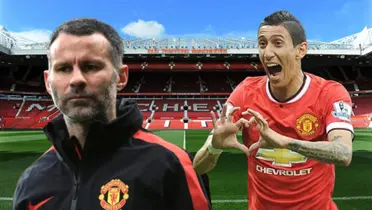
Giggs' Misjudgement: Depay's Free-Kick Hopes Fall Flat
31/03/2025
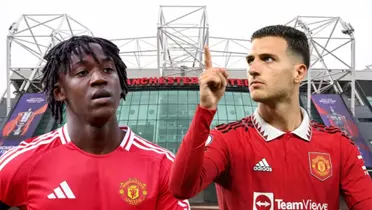
Man United's Summer Clearout: Players on the Chopping Block
31/03/2025
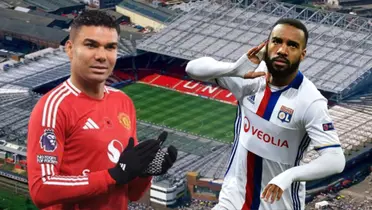
Financial Divide: Man United's Value Dwarfs Olympique Lyon's Squad Cost
30/03/2025
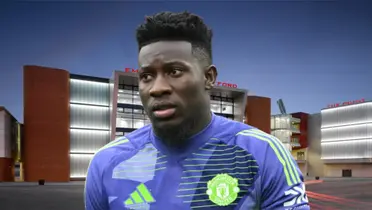
Onana Exit Rumors Swirl: How the Goalkeeper Is Responding
30/03/2025
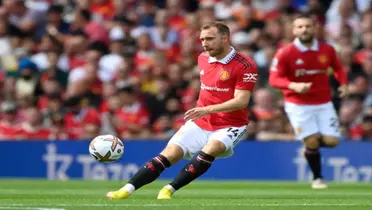
Eriksen breaks the silence about the rumors of not renewing
30/03/2025
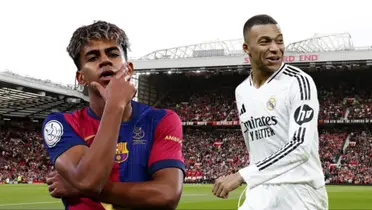
World-Class Player Available: Romano Reveals Transfer Bombshell
30/03/2025
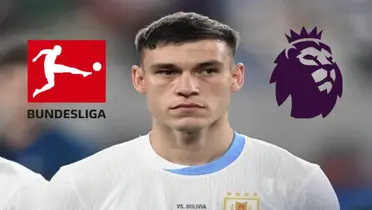
Ugarte's Premier League Insight: Key Differences From Ligue 1 Revealed
30/03/2025
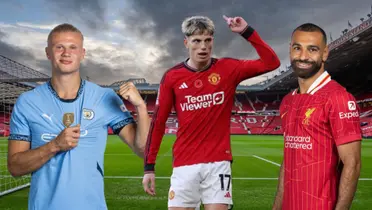
Garnacho Outshines Salah and Haaland: A Stunning Statistical Triumph
29/03/2025
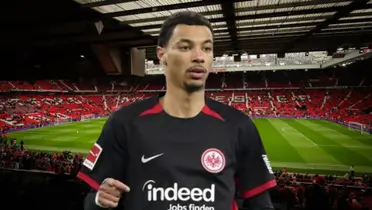
Ekitike's Staggering Stats: Why Man United Are Keen
29/03/2025
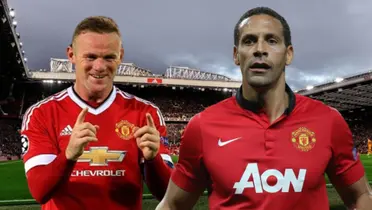
Beyond Legends: The United Player Who Rewrote Investment History
29/03/2025
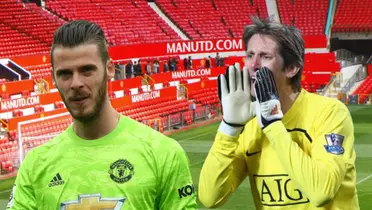
Manchester's Goalkeeping Giants: Who Reigns Supreme?
29/03/2025
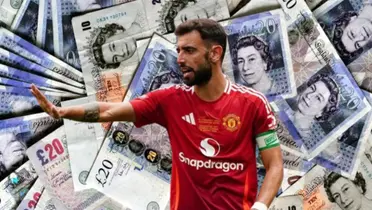
Fernandes' Fortune: Unveiling the Price Tag of United's Captain
29/03/2025
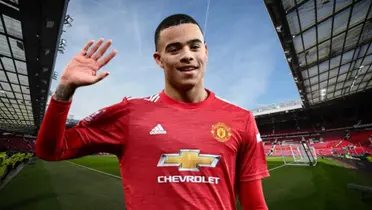
The Manchester United jewel that was rumoured for Barcelona ended up in an exotic league
29/03/2025
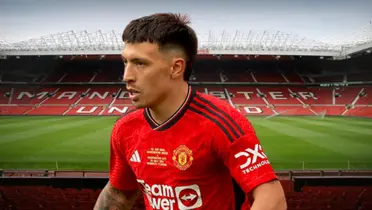
Father's Faith Pays Off: 100 Pound Bet on Son's United Debut
29/03/2025
